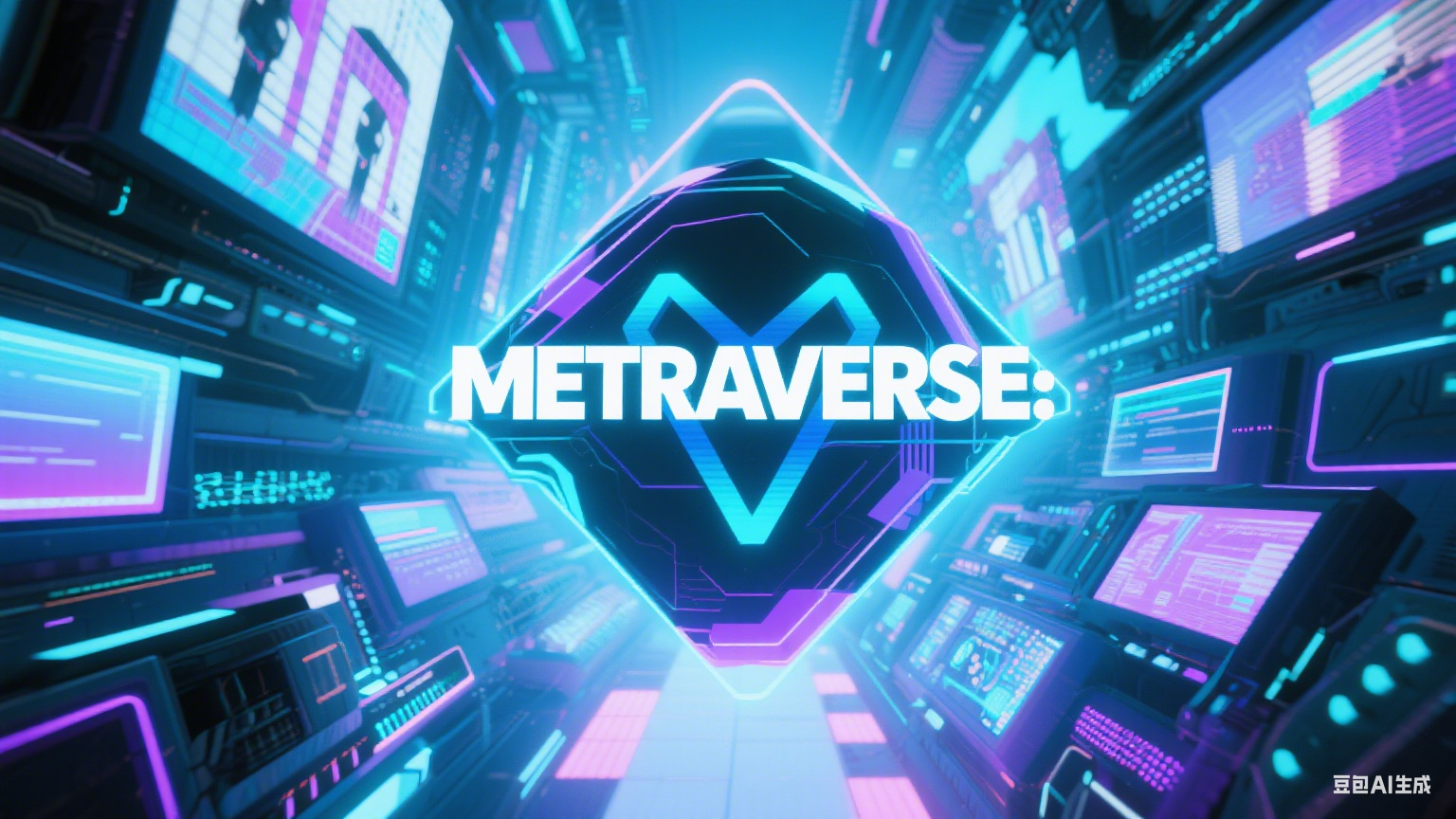The metaverse has emerged as one of the most talked-about concepts in the tech world, promising to revolutionize the way we interact with digital content and each other. But what exactly is the metaverse? In simple terms, it is a virtual universe that combines elements of social media, online gaming, augmented reality (AR), virtual reality (VR), and blockchain technology, creating a immersive and interactive digital experience.
At its core, the metaverse is about creating a sense of presence. Unlike traditional online platforms, where we interact with digital content through a screen, the metaverse allows us to step into a virtual world, where we can interact with other users in real-time, using avatars that represent ourselves. This opens up a whole new range of possibilities, from virtual meetings and conferences to online shopping and entertainment.
One of the key drivers of the metaverse is the advancement of VR and AR technology. VR headsets, such as the Oculus Rift and HTC Vive, allow users to fully immerse themselves in a virtual environment, while AR glasses, like Microsoft’s HoloLens, overlay digital content onto the real world. These technologies are becoming more affordable and accessible, making the metaverse a reality for more and more people.
The metaverse also has the potential to transform the way we work. With the rise of remote work, the metaverse could provide a virtual office space, where employees can collaborate on projects, attend meetings, and interact with each other, regardless of their physical location. This could not only improve productivity but also reduce the need for travel, making work more sustainable.
In the world of entertainment, the metaverse is set to revolutionize the way we consume content. Imagine attending a virtual concert, where you can interact with other fans and even meet the artist, all from the comfort of your own home. Or exploring a virtual museum, where you can get up close and personal with exhibits from around the world. The possibilities are endless.
However, like any new technology, the metaverse also faces its share of challenges. Privacy and security are major concerns, as the metaverse will collect vast amounts of personal data, including our movements, interactions, and preferences. There are also questions about governance and regulation, as the metaverse is a global platform that transcends national borders.
Another challenge is the digital divide. Not everyone has access to the high-speed internet and expensive VR/AR equipment needed to fully participate in the metaverse, which could create a new form of inequality. It is essential that efforts are made to ensure that the metaverse is accessible to everyone, regardless of their financial situation or technical expertise.
Despite these challenges, the metaverse has the potential to transform our lives in ways we can only imagine. It is an exciting new frontier that is still in its early stages, and as technology continues to evolve, we can expect to see the metaverse become an increasingly important part of our digital lives. Whether it’s for work, play, or socializing, the metaverse is set to redefine what it means to be connected in the digital age.

Leave a Reply